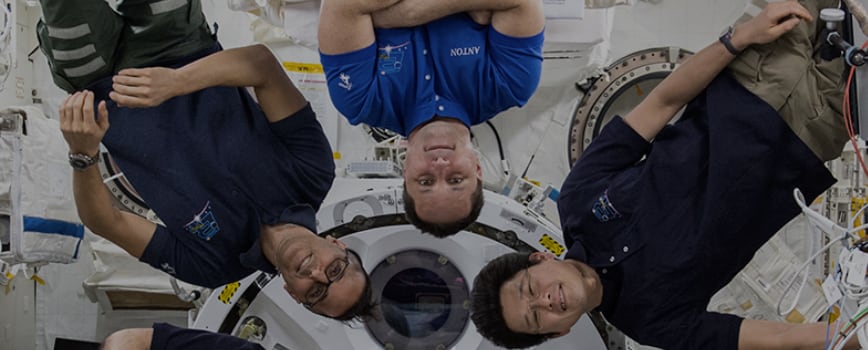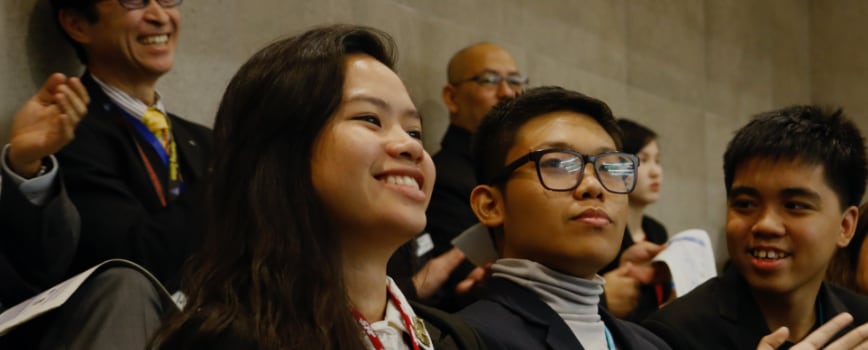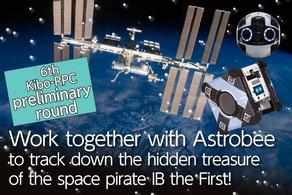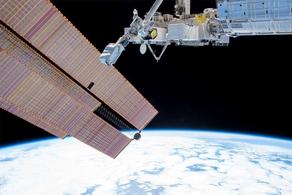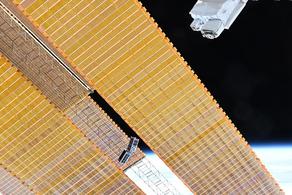2021.11.29
- Announcements
The 2nd Kibo Robot Programming Challenge : Workshop with the Participants
- Experiment at Kibo
- Kibo Utilization Office for Asia (KUOA)
Overview
The 2nd Kibo Robot Programming Challenge (Kibo-RPC) workshop was held online after the on-orbit finals on October 24, 2021, to provide participants an opportunity to learn more about the competition. The workshop was attended by the national and regional representative teams that participated in the on-orbit finals, and each Point of Contact (POC). Teams that applied and the responsible national and regional organizations also attended. The workshop consisted of a lecture on space robotics, a discussion to review the 2nd Kibo-RPC, and to collect and share feedback for the 3rd Kibo-RPC.
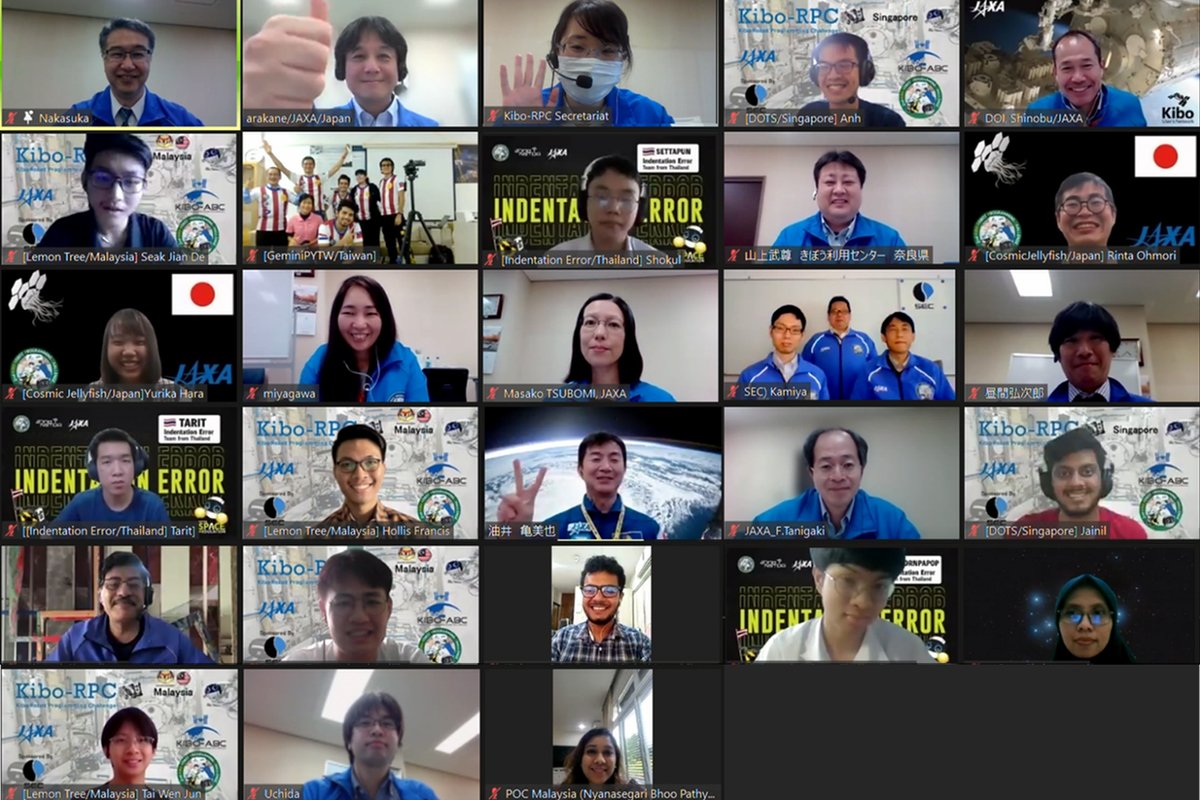
Workshop Contents
Mr. DOI Shinobu the Project Manager of Kibo-RPC of the Japan Aerospace Exploration Agency (JAXA) opened the workshop by introducing the number of participants and representative teams from each country and explaining the purpose of Kibo-RPC and the purpose of the day’s workshop. The workshop consisted of two lectures, three discussions, and a report on the results of the participant survey.
Lectures
In the first lecture, the Kibo-RPC advisor, Professor NAKASUKA Shinichi of the University of Tokyo talked about robot navigation systems and control technology in space. The talk was challenging because it involved how to solve problems and formulate strategies for issues that many students experienced this time, but they listened intently and asked questions, so it was a beneficial opportunity for them to learn more.
The second lecture was given by Mizanul Chowdy, the Point of Contact (POC) in Bangladesh and a member of the technical staff of Zero Robotics organized by the Massachusetts Institute of Technology (MIT). Mr. Mizanul Chowdy discussed the educational program on the ISS. When JAXA started this Kibo-RPC project, JAXA staff visited the Zero Robotics event and received a lot of feedback from them to make this event happen. Mr. Mizanul said that he was happy to be involved with Kibo-RPC from that time until now.
Discussion
In the discussion, three topics were set, and all participating students, lecturers, and the secretariat shared their respective opinions.
The first topic was "Things you learned about simulation and real environment," and the workshop was held immediately after the Final Round, it was fresh in the minds of the participants, who frankly expressed their opinions about the differences they felt and what they thought after watching other teams' flights. At the end of the discussion, the Kibo-RPC secretariat reported on how the program could be improved based on the results of the participants' on-orbit flight log analysis and the reasons why the QR/AR-tag could not be read.
The second topic, "Roles of space robots that would help mankind in space exploration era," focused on robots that will be active on the moon in anticipation of the recent manned flights to the moon. In addition, astronaut YUI Kimiya mentioned the high costs of astronaut activities and how it would be good to have a robot that can support routine tasks such as taking photos and making preparing.
During discussions for the third topic, "Things needed for educational opportunities in space," some of the teams described how they had less than a month from the time of their participation to the preliminary round, and they expressed their feelings after this event, such as how difficult it was to create the program, as well as their words of appreciation for this event.
Results of Participant
The Kibo-RPC Secretariat presented the results of a questionnaire filled out in advance by all participants that the items were to be reflected in the third session based on their feedback. In the questionnaire, many people answered that they learned not only programming but the importance of teamwork through this competition. In addition to that, there were various other opinions indicating that each participant learned a lot from this conference. Many people also enthusiastically responded that they would like to participate in the 3rd Kibo-RPC.
Closing
At the end of the session, Professor NAKASUKA Shinichi of the University of Tokyo gave closing remarks using the example of satellitesto highlight the importance of reducing the number of failures, and that it is important for the project team to investigate causes, think about what can be done to avoid them, and discuss them. He expressed his hope that participants are able to apply these lessons in the next project. He closed the session by saying that he hoped the participants would further improve their skills and participate in the 3rd Kibo-RPC next year.




AgendaPDF
Related Link
Unless specified otherwise, rights to all images belong to ©JAXA




